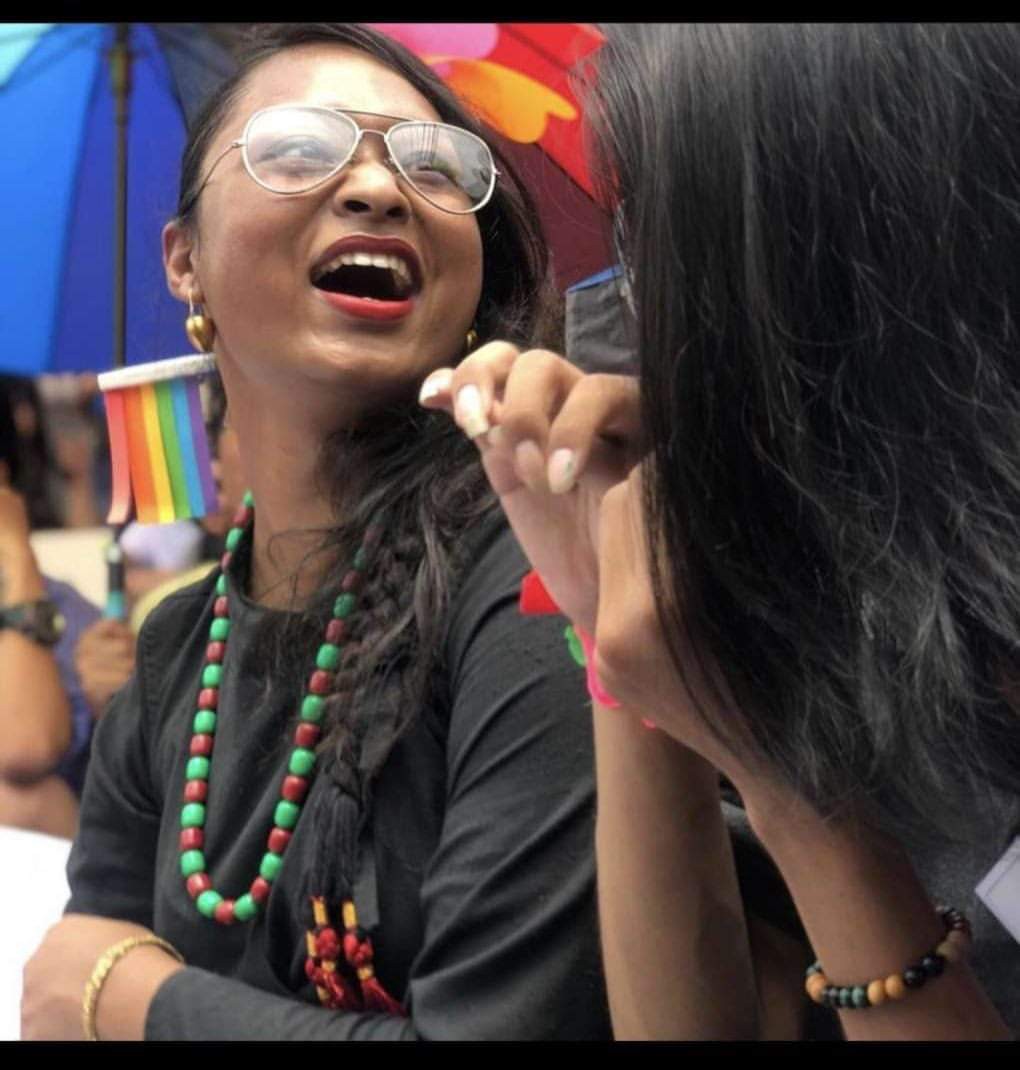
Rukshana, she/her, Young transgender woman activist from Nepal
“This whole series of documenting my journey of struggle with legislation and policy in Nepal as a trans person began as I submitted my registration form for a Bachelor Degree. For around three years I went through a series of legal messes with laws and policies that do not address the needs of trans people. The reason I am not getting enrolment to the university is part of a broader problem where trans people are not allowed to change their papers with their preferred name and gender markers.” Read Rukshana’s experience here.
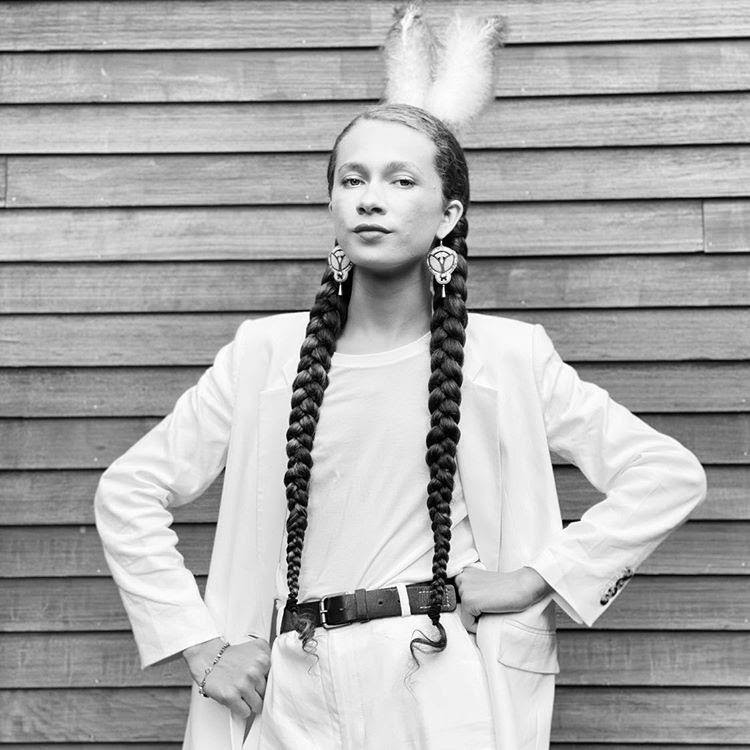
Sherenté, 19, Indigenous Two Spirit youth, member of the Narragansett tribe
“I’ve taken a long walk coming out to the world. At times I walked alone. At times I danced. At times I limped. At times I ran. When shadows envelope the land, I still stand. I carry the light of life within me. It is here that I have found peace and pride in my existence. I am Two Spirit. I am proud.”
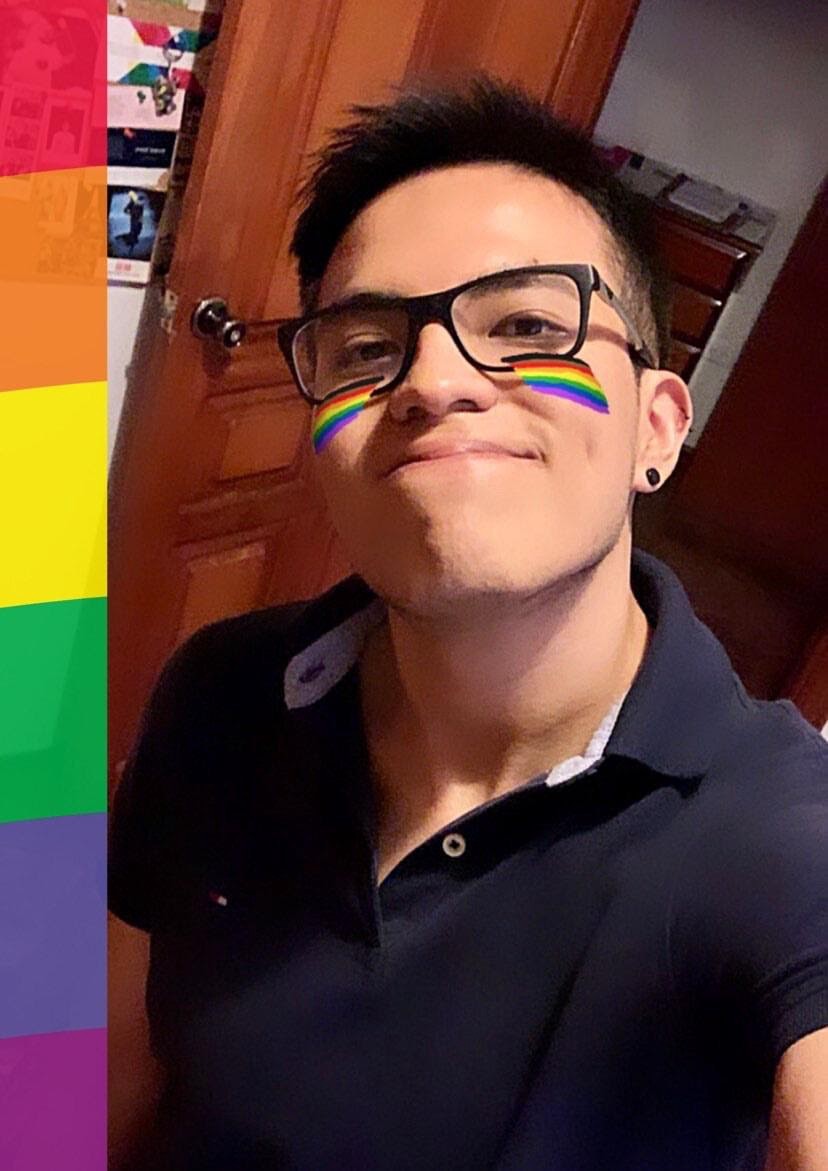
David, He/Him, Ecuador
“Being queer in a Catholic only boys school didn’t make my life any easier, education MUST be inclusive to the LGBTQ+ community needs, especially for adolescents.”
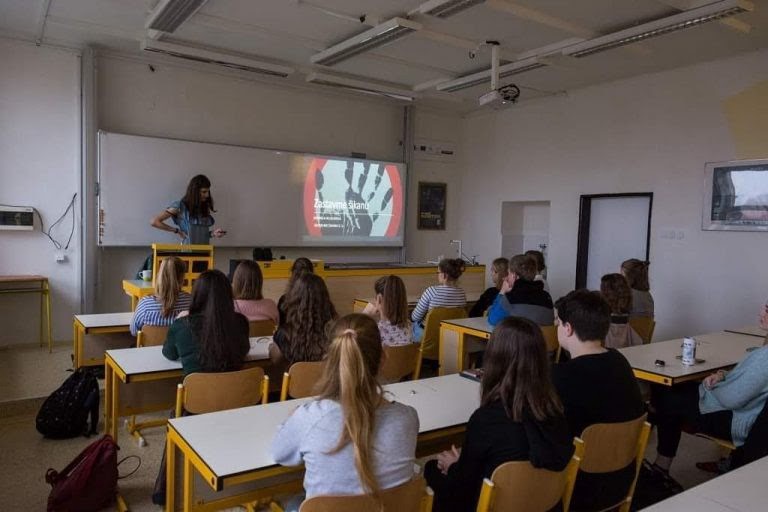
Georgia, She/Her, 20, Czech Republic
“In the Czech Republic, the situation usually depends on the school. There are no general guidelines. Some schools are accepting and do not tolerate any form of discrimination. Some schools, on the other hand, do not allow their kids for whom they are.” Georgia founded Zastavme šikanu, an organisation that works to stop bullying in schools for LGBTQ+ students.
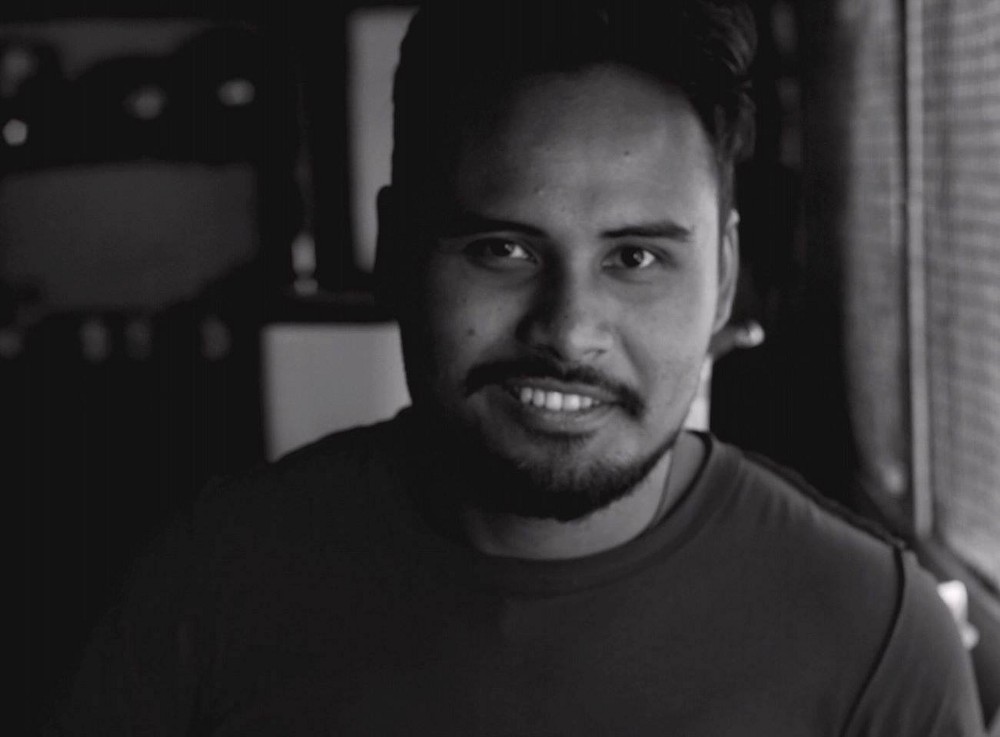
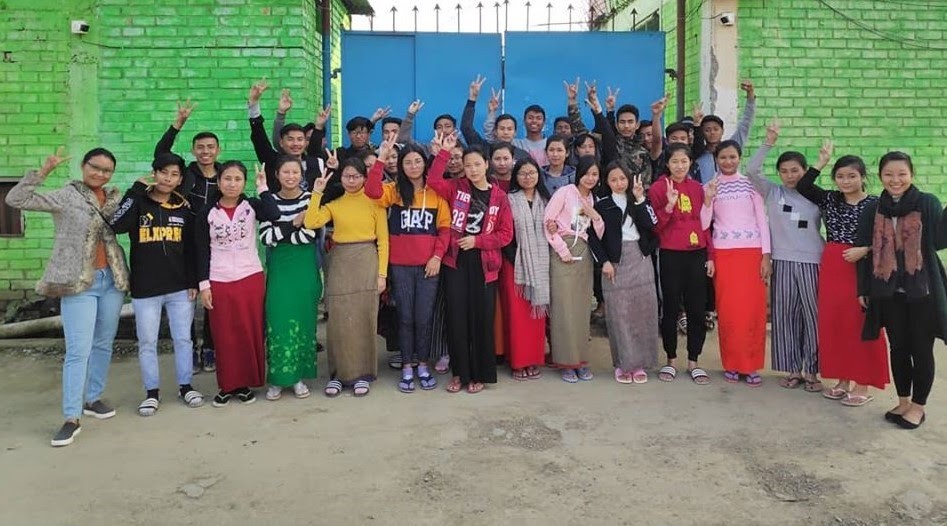
Sadam Hanjabam, He/Him, Manipur, India
“Education and educational set ups are still very binary and rigid in Manipur. While there is no proper comprehensive sexuality education (CSE) and services on well being of the overall students in curricula; the knowledge providers and administrators themselves are also extremely homo-negative and transphobic. Bullying and harassment on campus merely because of their identity, orientation, expression or sexual characteristics have been the major concerns of dropping out by LGBTI+ students from accessing their right to quality education. Moreover, strict gendering of school uniforms and lack of safer toilet facilities in campuses force many adolescent and young LGBTI+ students to discontinue schooling in most states of India.
We at Ya_All are initiating dialogues through advocacy and capacity building on CSE and mental health of students and teachers to create inclusive and safer spaces at schools, colleges, universities for continuing students and also at community level for dropped out students in Manipur.”
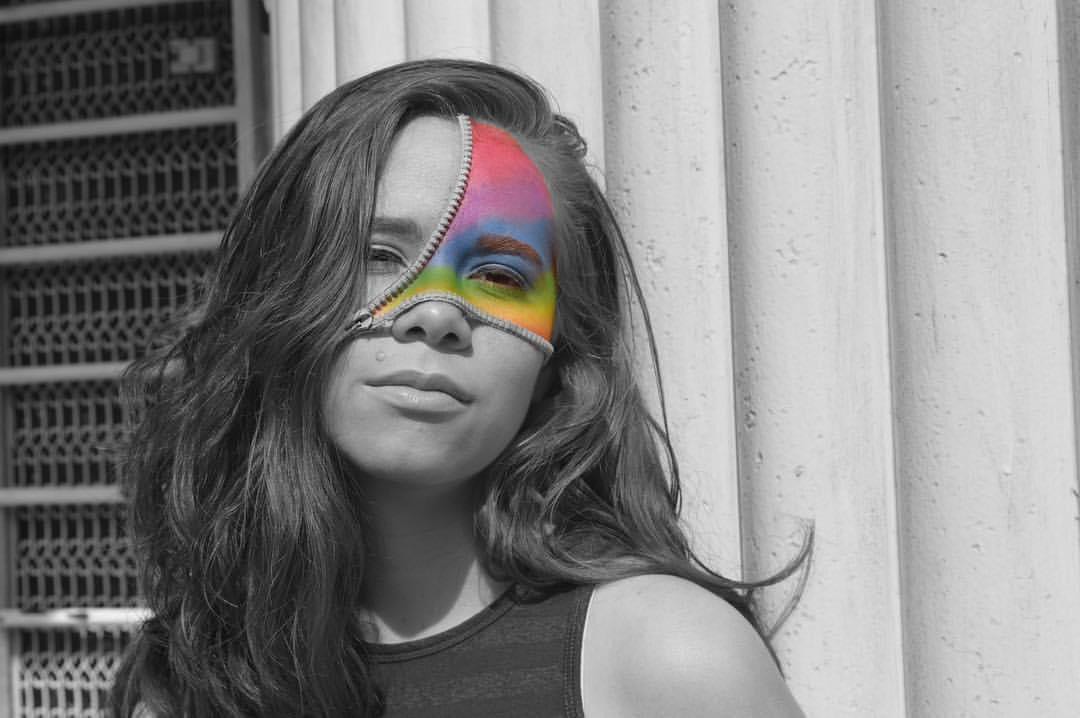
Raquel, She/Her, 23, Mexico
“My high school experience was in a small city in the northeast of Mexico, and also when one of the biggest waves of violence (2010–2015) was at its peak. The campus became my second home, and this particular Jesuit school wasn’t keen on talking about the LGBT community. They had many homophobic teachers and staff, which said every nasty comment you could imagine and when we tried to complain about them, they just told us “that’s his style,” “that’s how he teaches.” The message was quite clear, “if you’re queer, don’t act on it, hide it.”
I fled to the capital for university. It had thrice the size of bigoted teachers who all supported the director’s ideology, which obviously was passed on to students. It was almost palpable how unwelcome you felt in some classes. Being surrounded by this kind of environment is what ultimately led me to join activist groups and explore the Zona Rosa, Mexico City’s LGBT area. I just couldn’t stand the feeling that I wasn’t fighting back. I know I will never call this university my Alma Mater, because I’m not proud of what its stands for.
I urge all universities to acknowledge their LGBT+ community in more than just a Facebook post, and not just during Pride month. Hear them out, read their complaints, build safe spaces, let them protest, support them, don’t force LGBT+ faculty back in to the closet, there are so many actions you can do if you just listen.”
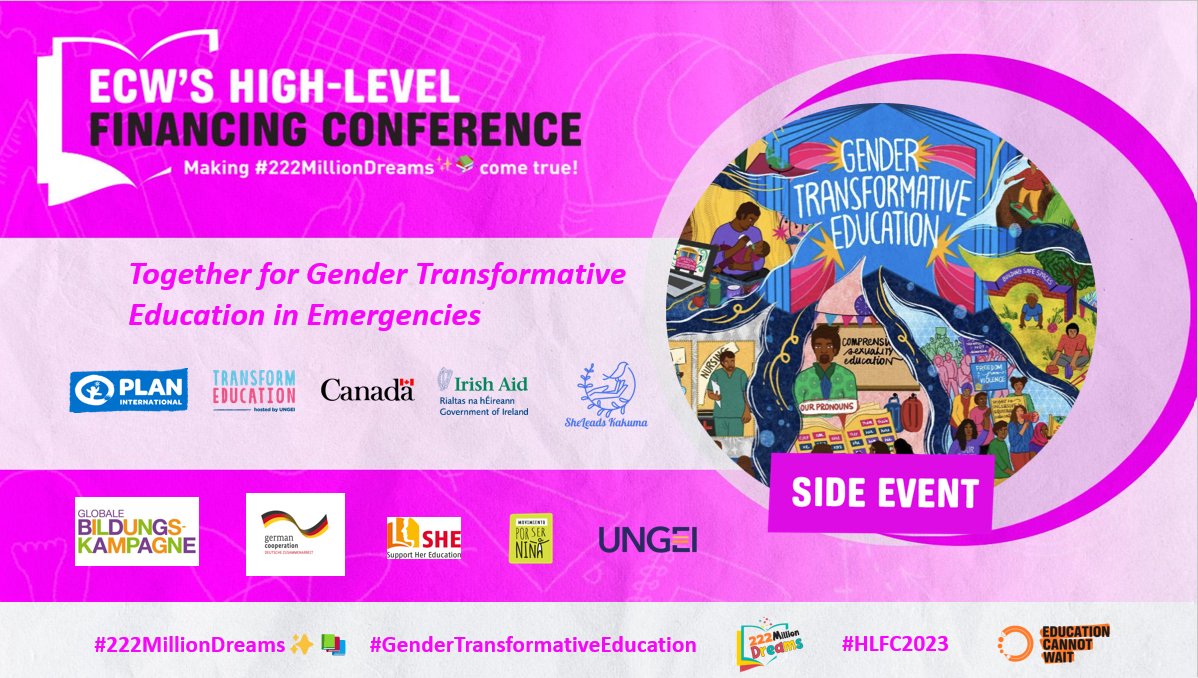
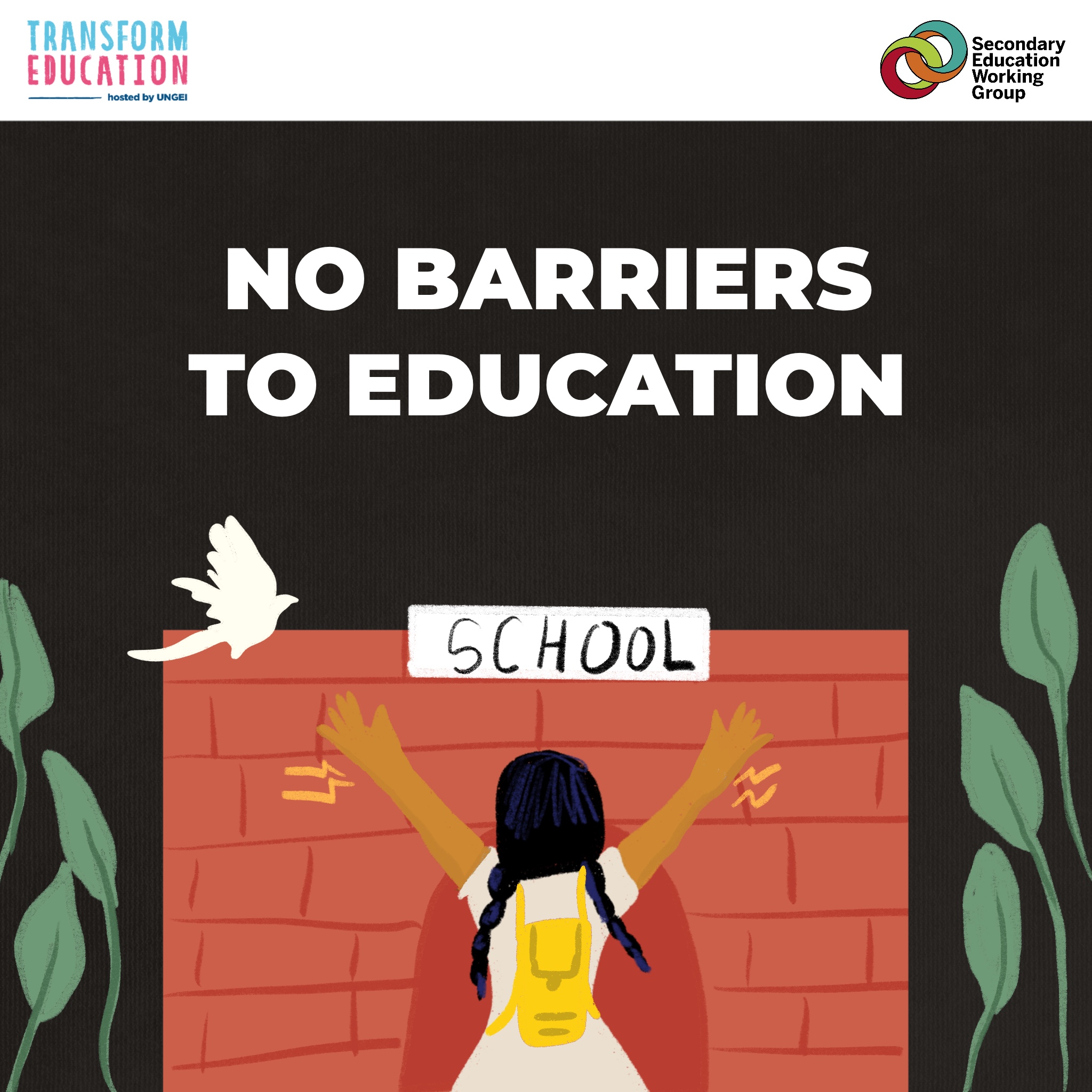
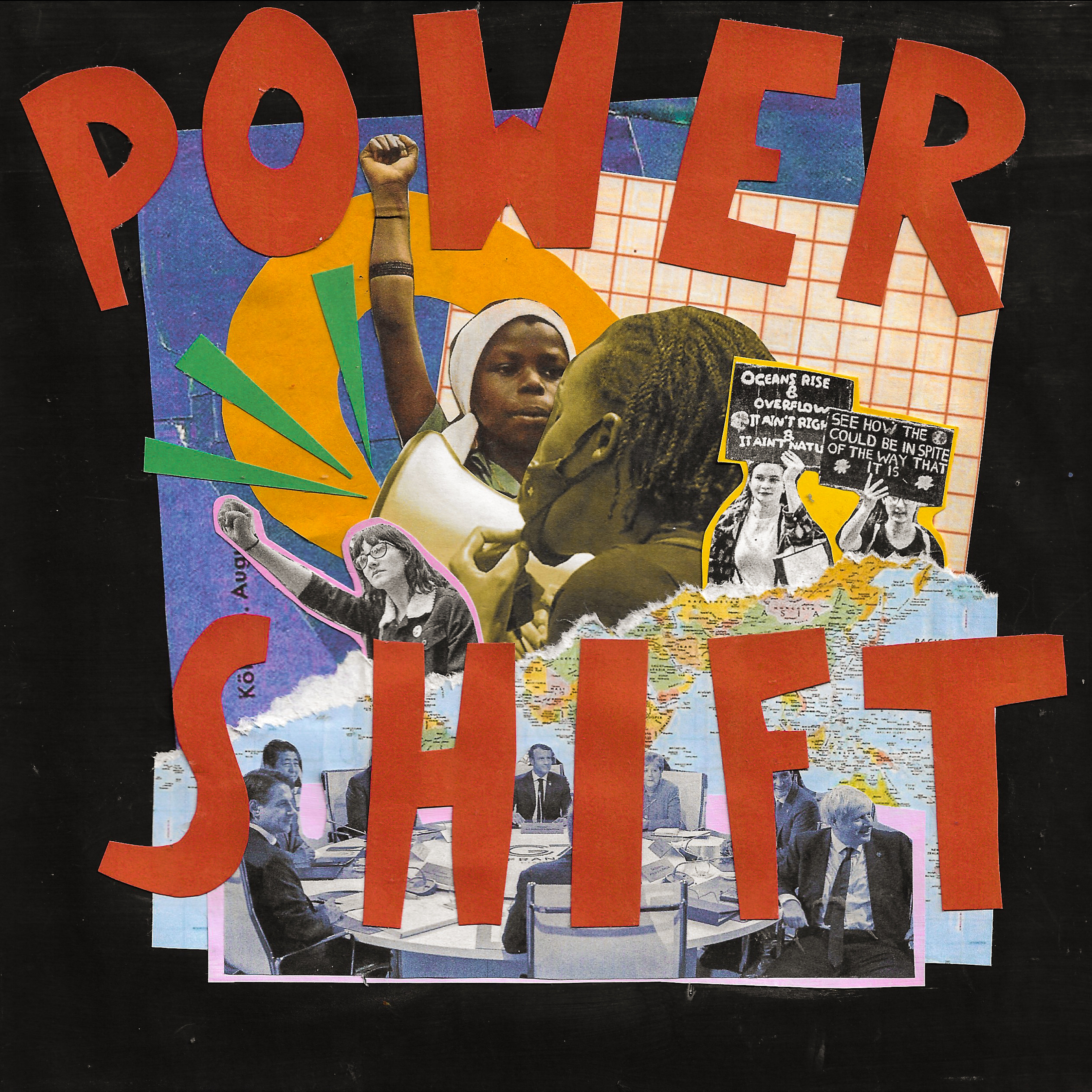
 English
English العربية
العربية Български
Български Hrvatski
Hrvatski Čeština
Čeština Dansk
Dansk Nederlands
Nederlands Suomi
Suomi Français
Français Deutsch
Deutsch Ελληνικά
Ελληνικά हिन्दी
हिन्दी Italiano
Italiano Română
Română Русский
Русский Español
Español Maltese
Maltese Zulu
Zulu አማርኛ
አማርኛ